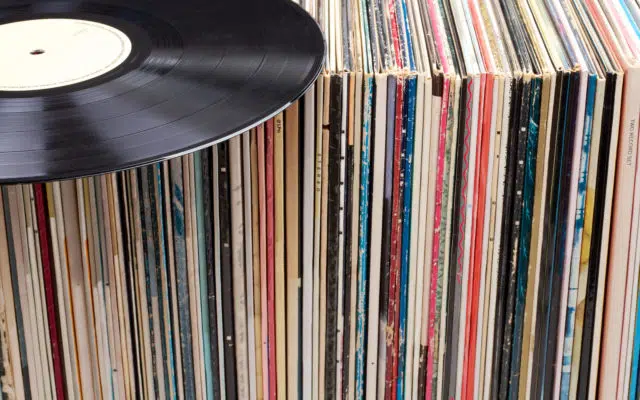MALMO, Sweden (Reuters) – Protesters waving Palestinian flags and banners on Wednesday called for a boycott of Israel at the upcoming Eurovision Song Contest in the Swedish city of Malmo that will host the event next month.
The European Broadcasting Union (EBU), which organises Eurovision, bills the song contest as a non-political event.
But the global political backdrop often weighs on the contest, which this year takes place amid protests and boycotts over the devastating Israeli military campaign in Gaza, triggered by Hamas’ Oct. 7 attack on Israel, affecting cultural events across Europe.
“I think there is no way that Israel should be able to participate in Eurovision and it’s complete double standards that they let them participate when they kicked Russia out,” said Malmo resident Mats Rehle, 43, who works in a bookshop.
Protesters outside Malmo city held a banner calling for the boycott of Israel above the Eurovision logo, while another banner featured red stains to look like blood and a pair of scissors cutting the chord to a microphone displaying an Israeli flag.
The EBU in 2022 banned Russia from Eurovision after several European public broadcasters called for the country to be expelled following its invasion of Ukraine.
The union has said it suspended the Russian broadcasters over “persistent breaches of membership obligations and the violation of public service values.”
The organisers’ decision to include Israeli broadcaster KAN has sparked protests from artists and ministers, but the EBU said in January that Eurovision was not a contest between governments and that KAN met all competition rules.
The union has so far resisted calls for Israel to be excluded from Eurovision, and on Wednesday urged people to refrain from online abuse directed at some participating artists.
“We have all been affected by the images, stories, and the unquestionable pain suffered by those in Israel and in Gaza,” the EBU said in a statement.
“However… we wish to address the concerns and discussions surrounding this situation, especially the targeted social media campaigns against some of our participating artists,” it added.
(Reporting by Tom Little in Malmo and Stine Jacobsen and Louise Rasmussen in Copenhagen; editing by Bill Berkrot)








Comments